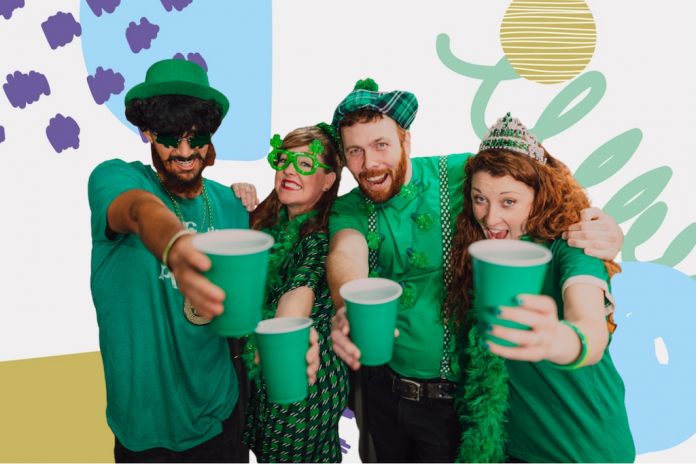A quick pop quiz to get the ball rolling; who first said the famous quote, that ‘’the eyes are the window to your soul’’?
Sorry to disappoint you here, but the origins of the proverb are a little less clear than that 20/20 vision of yours. Attributed to either Shakespeare, Da Vinci, the Roman philosopher Cicero or the Bible, what is clear is the prevalence and ubiquity of this oft-repeated quote.
We’ve all heard it quoted and repeated oftly, right? Equally, we’ve all wondered if there’s any truth to the claim, usually when we’re trying to get away with a little fib, no doubt. Well, today we’re exploring that quote a little further; are the eyes truly windows to your soul and can they reveal when you’re lying? Let’s find out!
Common Lies
Before we consider if there’s any truth behind the notion that our eyes can reveal if we’re lying, let’s first look at a few of the more common lies that people tell.
A study from contact lenses specialist Lenstore found that 20% of people lie once a day (though they may have, of course, been lying about that) and that there are a few common lies that people have told at least once. These include:
- Saying you are busy to avoid an event/seeing someone (38%)
- Saying you have not seen messages (30%)
- Saying you are ok (27%)
- Saying you are sick when you are not (24%)
- Saying you like a gift (23%)
- Saying you are happy (19%)
- Saying something cost more/less than it did (15%)
- Saying you liked a meal someone made you (15%)
- Saying you like someone’s outfit (14.5%)
Fairly harmless stuff, we’d posit, and generally comprising white lies.

What Is A White Lie?
Most lies that people tell others are known as white lies. Essentially, these are lies that are told that are supposed to be harmless, which are usually told to avoid hurting someone’s feelings.
Many of the above are examples of white lies, such as saying that you like someone’s outfit so that you don’t upset them. The lie causes no real harm and is easier to tell than having an awkward conversation.
There are, however, larger, more harmful lies told each day. As the University of Wisconsin reports, the ratio of ‘white’ to ‘big’ lies is around 9 to 1. In a study the university conducted on our lying habits,‘’88.6 % of reported lies in the study were described as “little white lies,” and 11.4 % were characterized as “big lies.”
The study goes on to report the reasons people lie for a surprising variety of reasons, though the chief basis is, perhaps understandably, ”to avoid others”, with 21% of all lies being told with this intention in mind.
Best Life Magazine concur, with ‘’it must have gone in my spam folder’’, ‘’my phone died’’, and ‘’my phone’s been acting weird’’, making up second, third, and fourth spot in their report on the most commonly told white lies (”I’m almost there” was number one, if you’re wondering).
How To Tell If Someone Is Lying
The University of Wisconsin also reports on how we lie, suggesting that nearly 80% of lies are told face-to-face, whilst 20% are mediated.
Considering that former category and bringing it back to the eyes, how exactly can you tell if someone is lying or not by looking at them?
Well, Dr. Georgina Barnett, Counselling Psychologist at Psychology and Lifestyle, states that there are five clear signs that someone is lying.
These include eyes darting around the room/breaking eye contact, blocking their eyes (either covering the eyes or closing them), eye contact that is held for too long (contrived), fluttering the eyelids (a sign of discomfort) and squinting due to discomfort.
These are not foolproof, but it is worth looking out for these behaviours – pop-psychology or otherwise – when trying to determine whether or not someone is lying. And as Time reports, if you’re going to more accurately identify if someone is fibbing, you first need to ‘’have a baseline for how someone acts when they’re being honest’’.
Regardless of the notion that our eyes are windows to our soul, there are other body language cues that may indicate dishonesty. Some other mannerisms and quirks that may indicate a certain liberalness with the truth:
- Using hand gestures after key points are made in a conversation, rather than before or during it
- Fidgeting – which includes cocking the head, jiggling the leg and shuffling the feet – may also indicate dishonesty
- Rolling the lips back so they ‘’almost disappear’’ is another possible sign of fibbing
So, do the eyes have it? Or, do we need to look at a more overall picture of body language and facial cues? Or, is it all pop psychology, pseudoscience and we should instead either trust people or our instincts?





